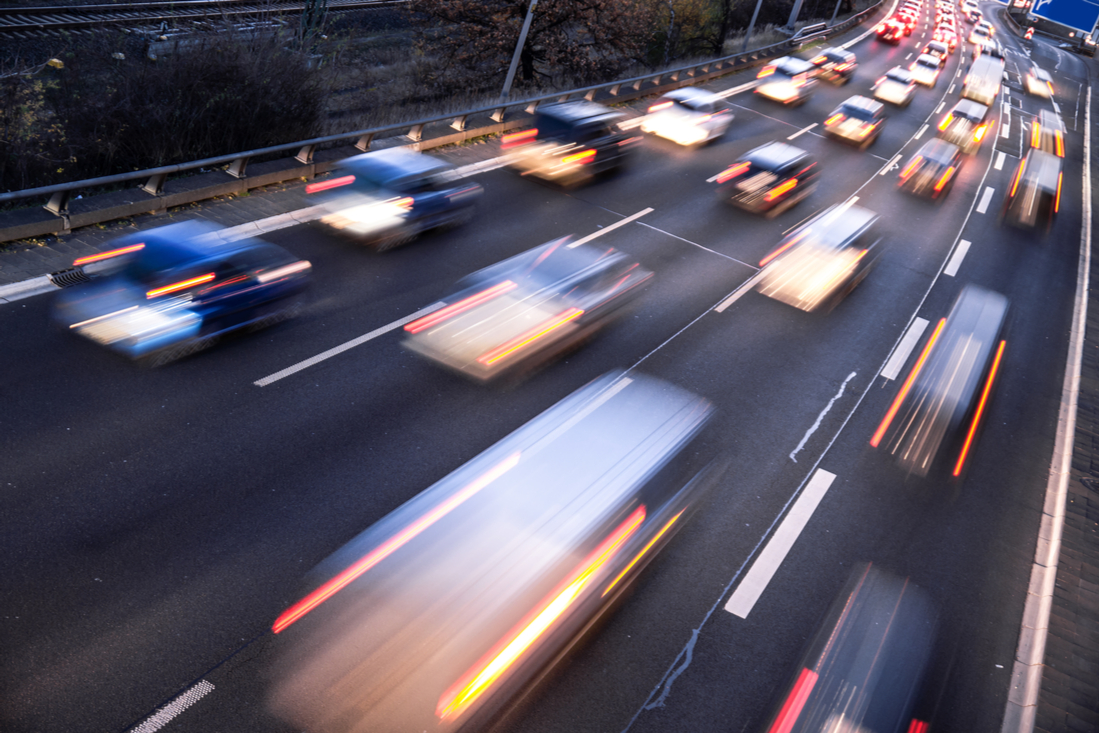
30 Jan 2020 A Bipartisan Roadmap to a Gas Tax Increase in Infrastructure, Uncategorized
Stabilizing the federal highway trust fund will require one final increase in fees on gasoline before a 10-year transition to a vehicle miles traveled fee, according to a new report released today by the Bipartisan Policy Center’s Great American Rebuild Initiative. The initiative, led by former Reps. Bill Shuster (R-PA) and Joe Crowley (D-PA), looks at strategies to ensure the long-term solvency of the highway trust fund and enable investments in essential infrastructure.
One of the key funding sources for the highway trust fund is the federal tax on gasoline sold at the pump, which has remained steady at 18.3 cents per gallon since 1993. As consumers increasingly drive more fuel-efficient vehicles, less revenue is flowing into the fund, which forces Congress to periodically shore it up and limits long-term planning for highway construction and repairs.
To address these issues, BPC calls for Congress to take one final vote to raise the federal fees on gasoline and then begin a 10-year transition to a vehicle miles traveled fee, or VMT. This fee would be charged to consumers for each mile they travel. Additional research is necessary to determine the best way to collect the fee while preserving Americans’ privacy. Further, to ensure all users are paying into the trust fund, the report calls for limiting the tax credit for electric vehicle purchases to low- and middle-class taxpayers and enacting a modest national fee on electric vehicle purchases or an electric vehicle battery tax to ensure these drivers are contributing revenue to the highway trust fund.
“The federal highway trust fund epitomizes the user-pays principle. Americans pay for their transportation systems through a series of fees on motor fuels. While Americans are consuming less gas, we must ensure the continuation of the user–pays model,” said Shuster. “As a former chair of the House Transportation and Infrastructure Committee, I advocated for an increase in the federal user fee on transportation fuels to enable a transition to a VMT and the long-term solvency of the trust fund.”
“As a former member of the House Ways and Means Committee, I know how hard a vote this can be for members,” said Crowley. “But importantly, done now and indexed for inflation, it could be the last time members are asked to vote on a gas tax. Transitioning to a new system that recognizes the need to green our transportation sector through more efficient cars and alternative vehicles like electric vehicles is best means to ensure the longevity of the federal program.”
BPC’s report comes amid the introduction of several infrastructure proposals in the House, as it takes steps to reauthorize federal highway programs.
